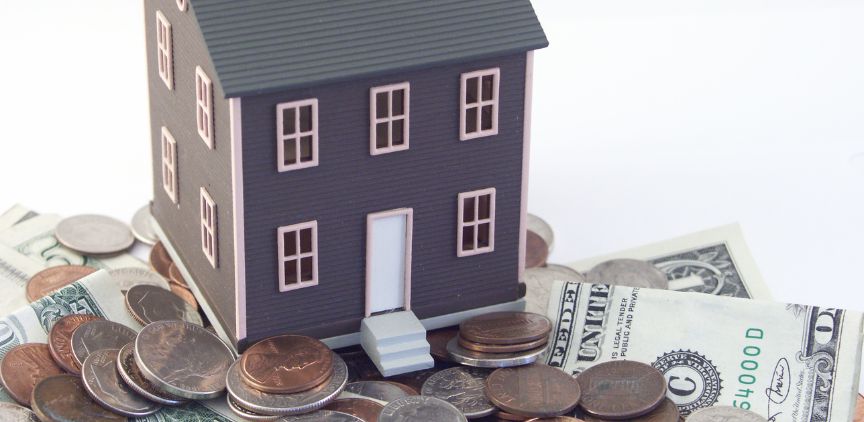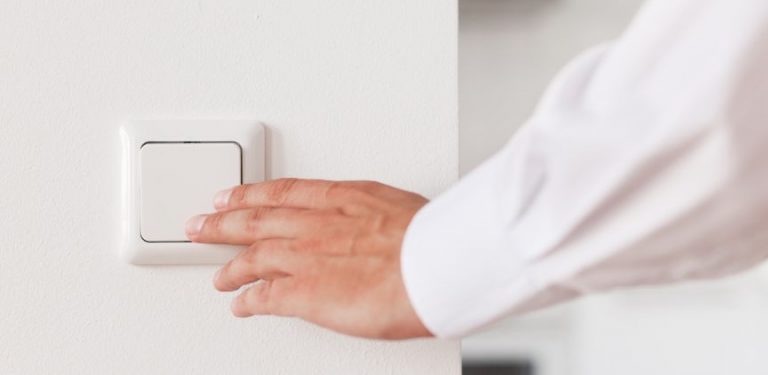Giving you Peace of Mind when Refinancing your Home
How Much Does Refinancing Your House Cost?
While refinancing your house can help you save thousands of dollars, it also comes at a cost. The closing cost when refinancing a house will vary from property to property, making research into the exact figures essential.
When you refinance house properties, your interest rate can reduce. At the same time, refinancing can shorten your loan repayment term. Also, there's the benefit of converting home equity into liquid cash.
These make the closing costs for house refinance worth it.
Factors That Influence House Refinance Cost
The specific percentage cost it takes to refinance your house depends on the following factors:
- The lender.
- The loan size.
- Your location.
- The mortgage term.
- Your credit score.
- Type of property.
- Mortgage type.
- Type of occupancy.
- Mortgage program.
- The home equity you have available.
When you do your calculations with these factors, ensure that the closing cost helps you save in the long run.
The Cost of Refinancing Your House
Whatever these factors add up to for you, it’ll most likely cost from 3% to 6% of your principal to refinance your house. In plain terms, that is about $3,000 to $6,000 per $100,000 you borrow. According to ClosingCorp, the average refinancing cost is $2,375.
Let's take a closer look at the breakdown of the tentative cost.
- Application fee: $75 to $300.
- Appraisal fee: $300 to $700.
- Loan origination fee: 0 to 1.5% of the principal.
- Inspection fee: $175 to $350.
- Homeowner's Insurance: $300 to $900.
- Survey fee: $150 to $400.
- Attorney Review: $500 to $1000.
- Title search and title insurance: $700 to $900.
While these payment points are standard ranges, other factors may result in additional fees. Some of the factors that could result in additional fees are:
1. Discount Points
Paying a fee at closing can help you get a lower interest rate. For instance, one discount point will cost you 1% of your new mortgage. This then reduces your rate by about 0.25%. So, if your mortgage is $200,000 and your repayment rate is 3.5%, a payment of $4,000 for two discount points will drop your rate to $3. Of course, making discount points payments isn't compulsory when refinancing. However, it can be a good option.
2. Prepayment Penalties
A prepayment penalty is a fee paid to the lender in case of sales, refinancing, or paying off the mortgage during a specific period of closing on your mortgage. This is usually within three to five years. The prepayment penalty amounts to about one to six months' interest. The variation is based mainly on the lender, some of which don't charge for this.
3. Private Mortgage Insurance
You get to keep paying the private mortgage insurance if you don't have 20% equity in your house while refinancing your conforming mortgage. The private mortgage insurance costs between 0.5 to 1.5% of your principal.
Related Search Topics (Ads)
Tips to Lower the Cost of Mortgage Refinancing
Beyond knowing factors and the breakdown of mortgage refinancing costs, it's vital to know how to lower the bill. Here are tips on how you can lower your house refinance costs:
1. Improve Your Credit Score
As an adult, it's no news that your credit score is an important measure to track. A good credit score was vital when you applied for your first mortgage and remains critical to refinancing. You must meet the credit score standard to refinance. A higher credit score means a lower interest rate. Hence, improve your credit score before you apply.
2. Compare Different Offers
Consider several options and offers before you settle. For instance, work with mortgage brokers who show you different offers. You should also reach out to your current lender, as you may be lucky to get discounts. In some cases, with luck, you can get a free refinance program.
3. Negotiate the Closing Costs
Negotiation is the oldest trick in the book. Critically look at the cost breakdown to see which costs you can negotiate. Technically, everything cost related is up for negotiation. However, the process becomes easier if you explore different lending options. This will give you a good idea of an acceptable range.
As much as negotiation isn't guaranteed to lower your refinance cost, it's not impossible. The lender also wants to conduct business, so they may be willing to cut down on some profit.
4. Check for Waiver Fees
Find out if the lender can waive the credit check or application fee. Some other lenders may also allow you to skip the new home appraisal process or property survey. This situation is more common if you're the lender's existing customer.
5. Do Mortgage Points Purchase Calculations
Buying mortgage points can help lower your refinance fee. Unfortunately, though, it doesn't always work. But, according to the earlier explanation, you can quickly know if mortgage discount points will work for you.
6. Try a House Refinance with no Closing Cost
Refinancing your house with no closing cost isn't free. It only means you won't incur any closing costs. However, the lender may increase your interest rate or fold the closing cost into the new loan. So, rather than paying upfront, you get to pay over time. However, this isn't advisable, as you may pay more than necessary.
Final Notes
Refinancing costs can sometimes be heavy; hence, you must get it right. Do your due diligence to ensure that the move to refinance the mortgage doesn’t end up a mistake. Do your research, negotiate properly and try all you can to get the least closing cost possible as you refinance your house.

